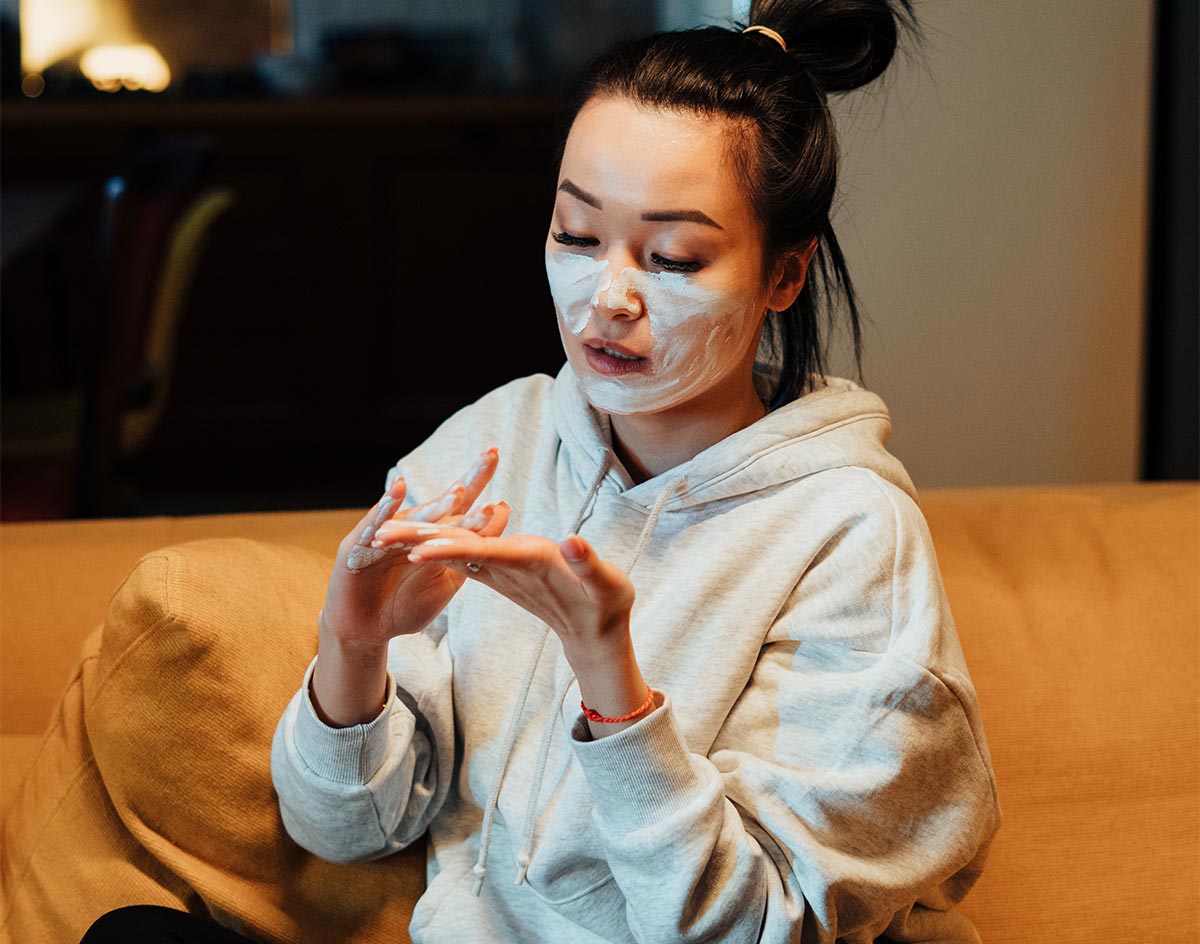You diligently care for your body—hitting the gym, running each morning, and striving to maintain a balanced diet, despite the occasional indulgence. Perhaps you've even ventured into bodybuilding to chisel that ideal physique. Yet, there's a vital part of your anatomy that often escapes attention: your eyes. Surprisingly, numerous strategies can keep your eyes in peak condition and fend off age-related decline.
The Foundation: Nutrition for Eye Health
While blending a protein shake for your eyes isn't feasible, many nutrients that fuel your body also support ocular health. Beyond the well-known beta-carotene in carrots, which our bodies convert into vitamin A to prevent night blindness, it's essential to focus on other critical nutrients. Vitamins C and E, zinc, lutein, zeaxanthin, and omega-3 fatty acids play pivotal roles in maintaining eye health. Incorporating foods like nuts, leafy greens, and flax seeds can naturally boost these nutrients, supporting your vision and overall eye function.
Exercising Your Eye Muscles
Just as your biceps benefit from curls, your eye muscles thrive on regular activity. Engaging in exercises can enhance focusing abilities and eye movement efficiency, especially crucial in our screen-dominated era. Techniques such as the 20-20-20 rule—taking a 20-second break to view something 20 feet away every 20 minutes—can alleviate digital eye strain. A more advanced exercise involves focusing on a near object, then switching to a distant object, strengthening the eye's ability to adjust quickly.
Protecting Your Vision: Beyond the Basics
While donning protective goggles during hazardous tasks is second nature, have you considered the sun's impact on your eyes? Prolonged exposure to ultraviolet (UV) light can harm ocular tissues, increasing the risk of cataracts and age-related macular degeneration. Wearing wraparound sunglasses that block both UVA and UVB rays is crucial. Additionally, blue light from screens has been linked to disrupted sleep patterns and digital eye strain. Using blue light filters on screens or specialized glasses can help mitigate these effects.
Screen Time and Eye Strain: The Modern Challenge
In today's digital age, prolonged screen exposure is unavoidable for many. Research has shown that excessive screen time can lead to dry eyes, headaches, and difficulty focusing at different distances. The best way to counteract these effects is to blink consciously, use artificial tears when necessary, and adjust screen brightness to a comfortable level. Modern studies suggest that people who spend more than seven hours a day on screens are at a higher risk of developing myopia, making it essential to take breaks and engage in outdoor activities.
New Scientific Insights: The Role of Sleep in Eye Health
Better Sleep isn't just essential for brain function—it plays a crucial role in eye recovery as well. Studies indicate that inadequate sleep increases the risk of dry eyes, blurry vision, and even more serious conditions like glaucoma. During deep sleep, the eyes receive oxygen and nutrients essential for repair. Ensuring at least seven hours of quality sleep per night supports eye hydration and reduces the likelihood of eye fatigue and strain.
Modern Insights: Laughter as Eye Medicine
In a surprising twist, recent research suggests that laughter exercises might be more effective than traditional eye drops in treating dry eye disease. A study involving 283 participants found that those engaging in laughter exercises experienced significant improvements in eye comfort and function. This discovery underscores the complex relationship between emotional well-being and physical health, reinforcing the idea that overall happiness can have unexpected benefits for vision.
Maintaining optimal eye health extends beyond regular check-ups. A balanced diet rich in essential nutrients, regular eye exercises, and protective measures against environmental hazards are integral. Prioritizing screen breaks, improving sleep habits, and embracing simple lifestyle adjustments can significantly enhance long-term eye health. By treating your eyes with the same level of care as the rest of your body, you ensure they remain as fit and vibrant as possible for years to come.













